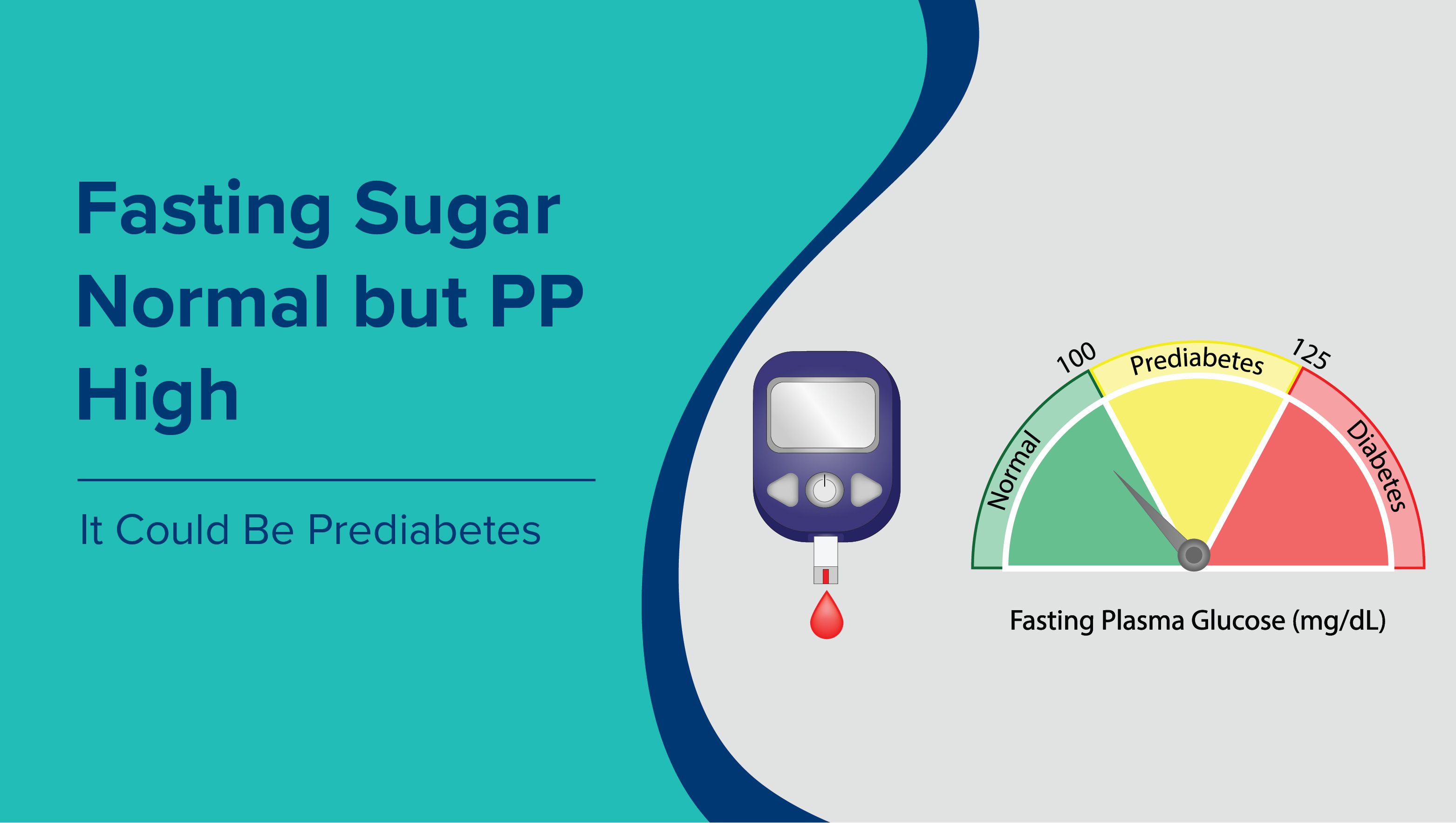Hi Guest Login
Upload Prescription

To Book an Appointment

Aplastic Anemia: Symptoms, Causes & Treatment
Aplastic Anemia is a rare but serious blood disorder in which the bone marrow cannot produce enough blood cells
By - MAX@Home In Health & Wellness
Feb 23, 2026 | min read

Bone marrow failure symptoms, causes, diagnosis, and treatment
Bone marrow failure is a serious condition in which the bone marrow cannot produce enough healthy blood cells
By - MAX@Home In Health & Wellness
Feb 23, 2026 | min read

Signs of Vitamin B12 Deficiency & When You Should Get Tested
Vitamin B12 deficiency is common and often goes undiagnosed. In India, more than 47% of people may be affected, and the rate is even higher—over 70%—among vegetarians and vegans.
By - Dr. SANA ABEDIN In Health & Wellness
Feb 21, 2026 | 7 min read

Home Ventilator Care: How to Safely Manage a Ventilator Patient at Home
Home ventilator care means using a machine to help someone breathe at home instead of in the hospital.
By - MAX@Home In Nursing Care
Feb 21, 2026 | 7 min read

Fasting Sugar Normal but PP High? It Could Be Prediabetes
Many people assume that if their fasting blood sugar is normal, they are safe from diabetes.
By - Dr. SANA ABEDIN In Blood Test
Feb 20, 2026 | min read

What Is Ventilator Support? Meaning, Process & Recovery Explained
Ventilator support is a treatment that helps people breathe when they cannot do so well enough on their own
By - MAX@Home In Health & Wellness
Feb 20, 2026 | 7 min read
Stay updated with the latest news & offers!
